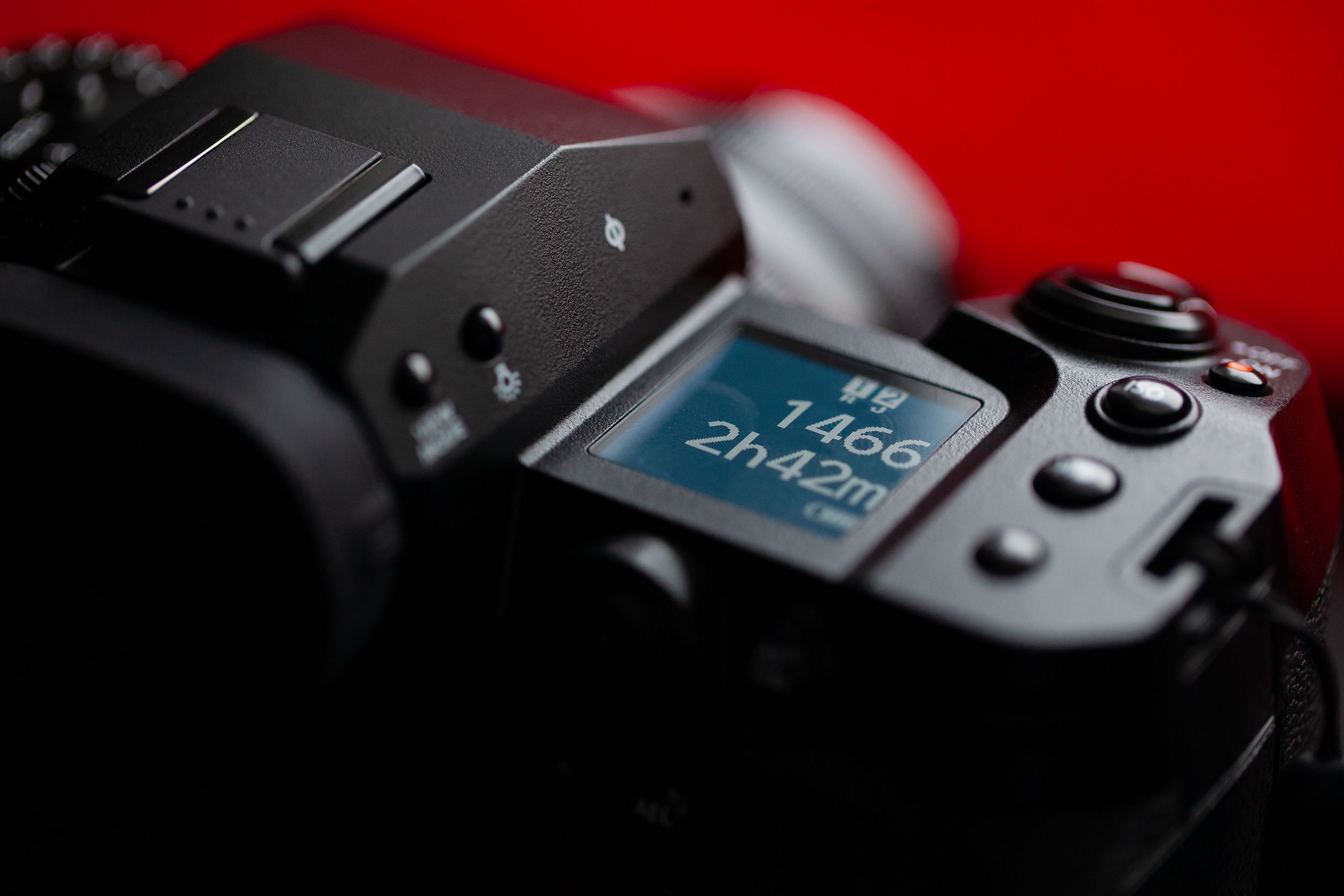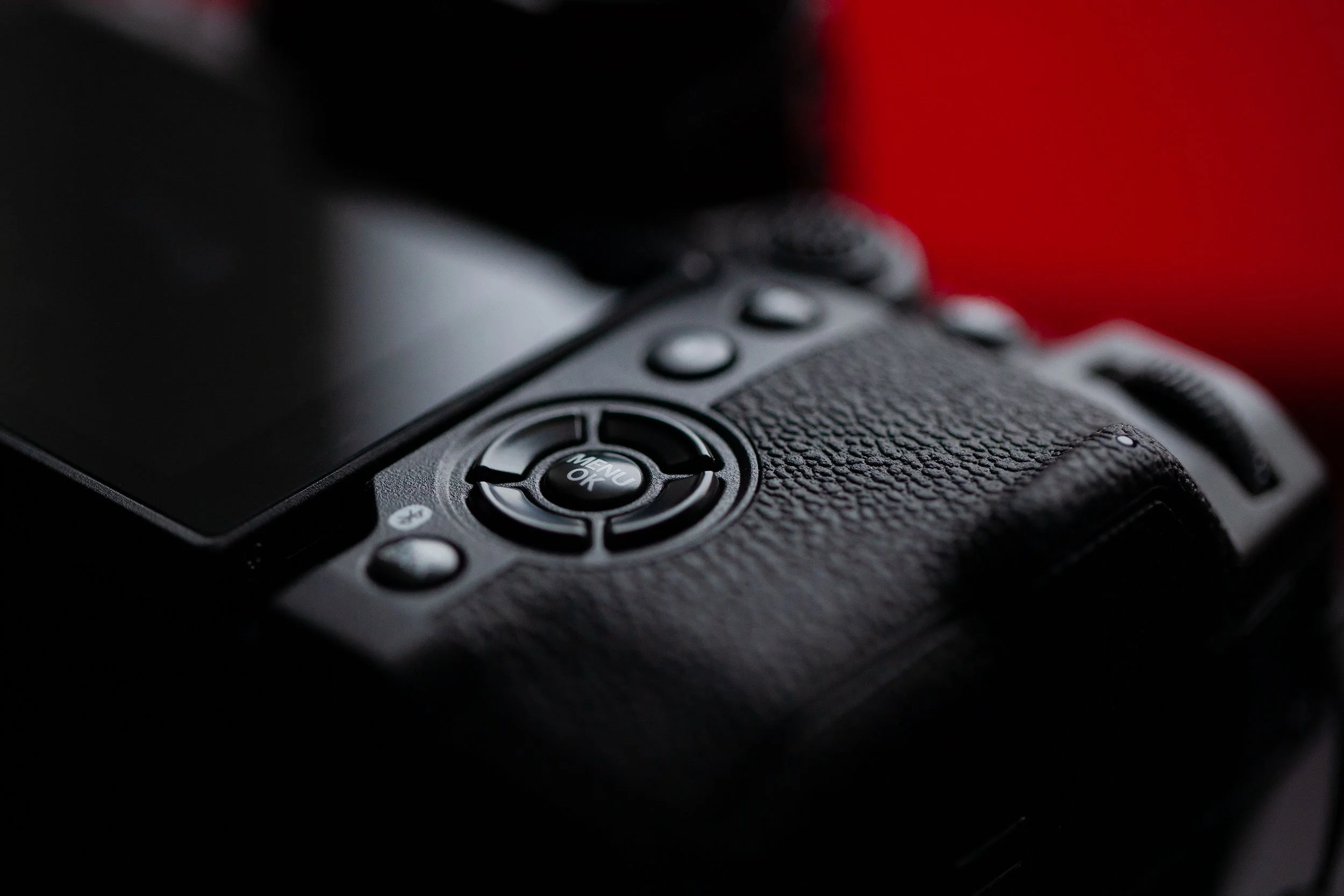Fujifilm X-H2: New Camera, First Impressions
Fujifilm X-H2
In December, I mentioned that I was parting ways with my Fujifilm X-E4, a camera that I adored using. I have owned that camera for nearly two years, which has been with me on many travels. Still, I have been considering upgrading the camera for months now as there are a few features that I was missing in the X-E4.
After consideration on two cameras, the X-T5 and the X-H2, I decided to purchase the X-H2. I liked the form and feel of the X-H2 more than the X-T5, and I appreciated the top LCD screen on the X-H2. I was also intrigued by the addition of CF Express on the X-H2. I have never used the media before, but CF Express has significant speed advantages that will make future video recording much more stable and confident than I had with the X-E4. The X-H2 was introduced in September 2022, so it is almost certainly due for replacement soon. I am OK with this as I’ve never been one to see much need for having the latest and greatest camera (I still use the Canon 5D Mark II). Also, after over a year of the X-H2 being in the wild, there are plenty of reviews, software updates, and examples, allowing me to be confident with this purchase.
It’s been a few short weeks, and I’ve spent time setting up the camera as I think would be best for my application. These settings could change, and I may reassign buttons as I see fit, but I wanted to share a few of my first impressions of this camera and, if applicable, how it compares to the X-E4.
Setup
It’s tempting to dive right in and start taking photos immediately, but I wanted to start slow and learn as much about the camera as possible before using it. I did take significant time going through some of the manual online (no physical manual is included) and watching various YouTube videos to familiarize myself with the camera. After review, I made some adjustments and moved a few features to the custom buttons. I wanted to have the camera focus with the half-push of the camera shutter, but I also wanted to be able to lock exposure and focus with custom buttons. The X-H2 is set up quite well out of the box, with a default button to lock exposure. I changed the AF On button to an AF lock.
The Fujifilm menu has always been a bit heavy but remains similar to all of the Fujifilm cameras I have used. Being familiar with the X-E4 menu, it didn’t take long to get accustomed to the X-H2 menu. There is just more of it. Overall, the setup was easy.
I’ve seen mixed reception of including the PASM dial (Program, Aperture Priority, Shutter Priority, and Manual). However, I find it very convenient to switch from photography to video easily. In particular, I like having quick access to the seven custom settings, allowing easy switching between custom film simulations. The PASM dial on the X-H2 will be an advantageous addition to my application.
Fujifilm X-H2 PASM Dial
Build Quality
From some initial testing, the ergonomics of the X-H2 are superb. All the buttons are easy to access and are logically placed. The buttons are very tactile, and the camera feels solid. The camera shutter has a very satisfying click to it as well. The X-H2 is larger than the X-E4, but not as much as I anticipated. The larger size contributes to a substantial grip, so the X-H2 is an easy camera to hold. The camera size allows more buttons and options, and the custom buttons are more easily accessible on the X-H2 than on the X-E4, partially because of the lack of the thumb grip accessory. I purchased the thumb grip for the X-E4 as I found it almost impossible to get a comfortable grip on it without it. But adding the thumb grip to the X-E4 somewhat intrudes on the custom buttons on the X-E4.
Other Aspects
The X-H2 takes both CF Express Type B and SD. The CF Express is the best media option, as they are simply the fastest. With superior read-write speeds, it is best for high-quality video capturing and quick succession and bursts of the 40MP photos that the X-H2 is capable of. However, they are costly. As the media progresses, it will drop in price, but I bought my CF Express at half price, which was still shocking.
One of my requests for a new camera moving from the X-E4 was dual media; the X-T5 and X-H2 provide that. The X-T5 has dual SD cards, but the X-H2 has a primary CF Express Type B and an SD.
Conclusion
The jump from the X-E4 to the X-H2 has checked off many features I have been looking for, such as in-body stabilization, dual media, an articulating LCD screen, and improved video quality. I’ve used the X-H2 for a few weeks, and the experience has been excellent. I look forward to getting this camera out on some travels starting early in 2024.



